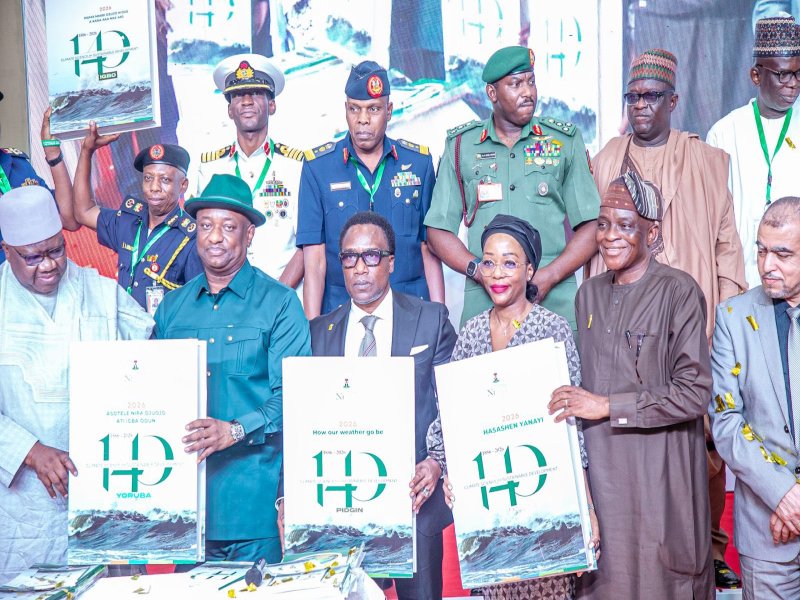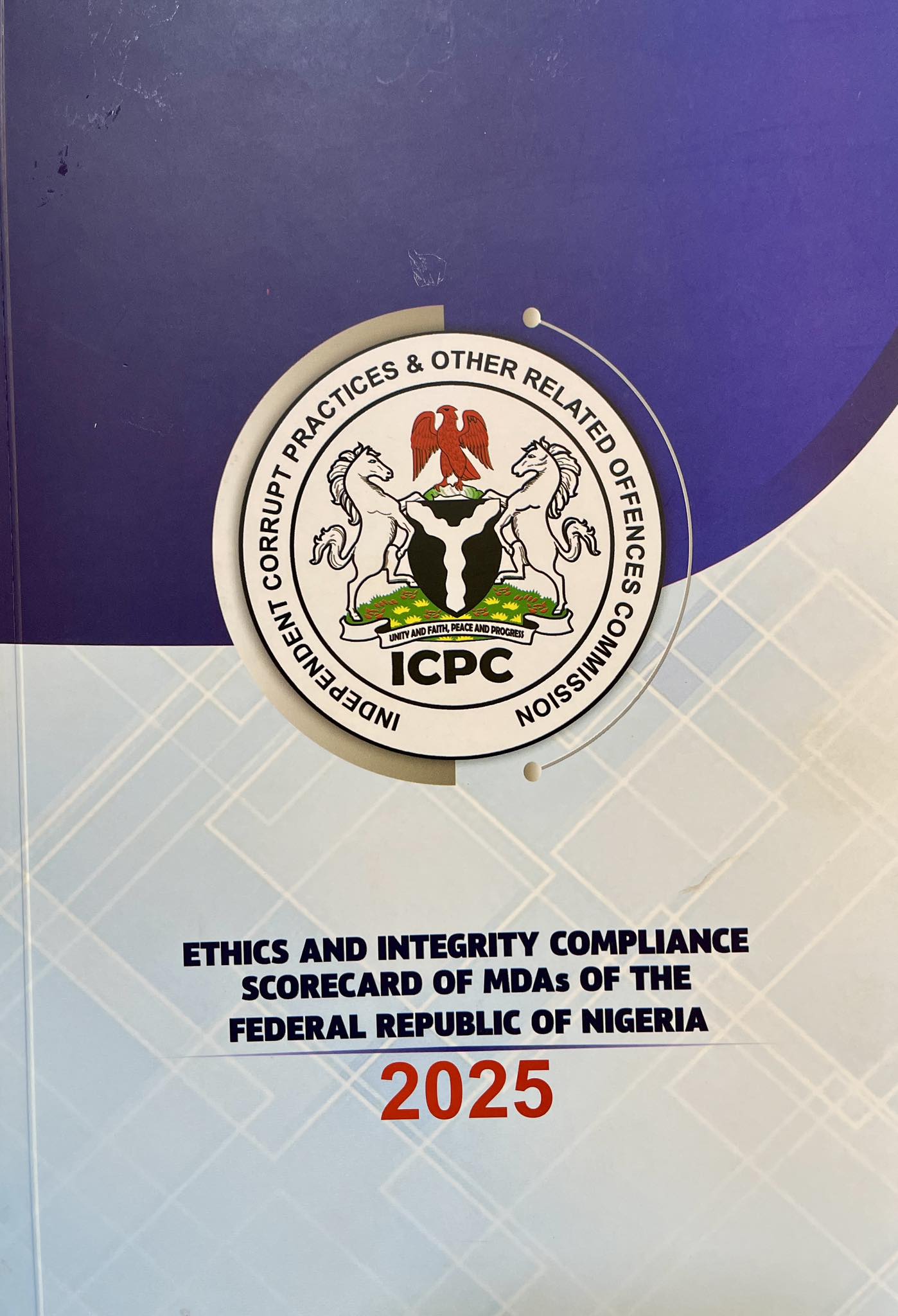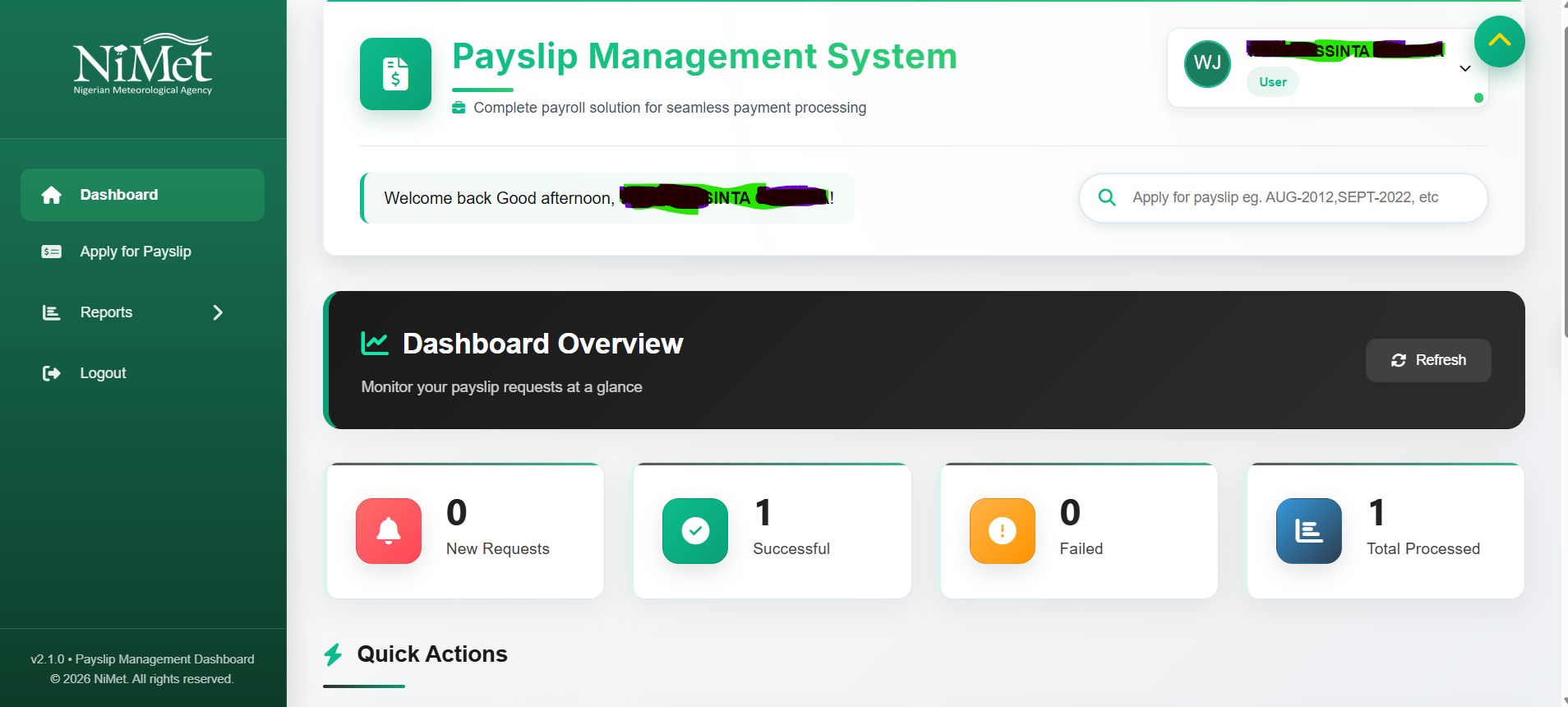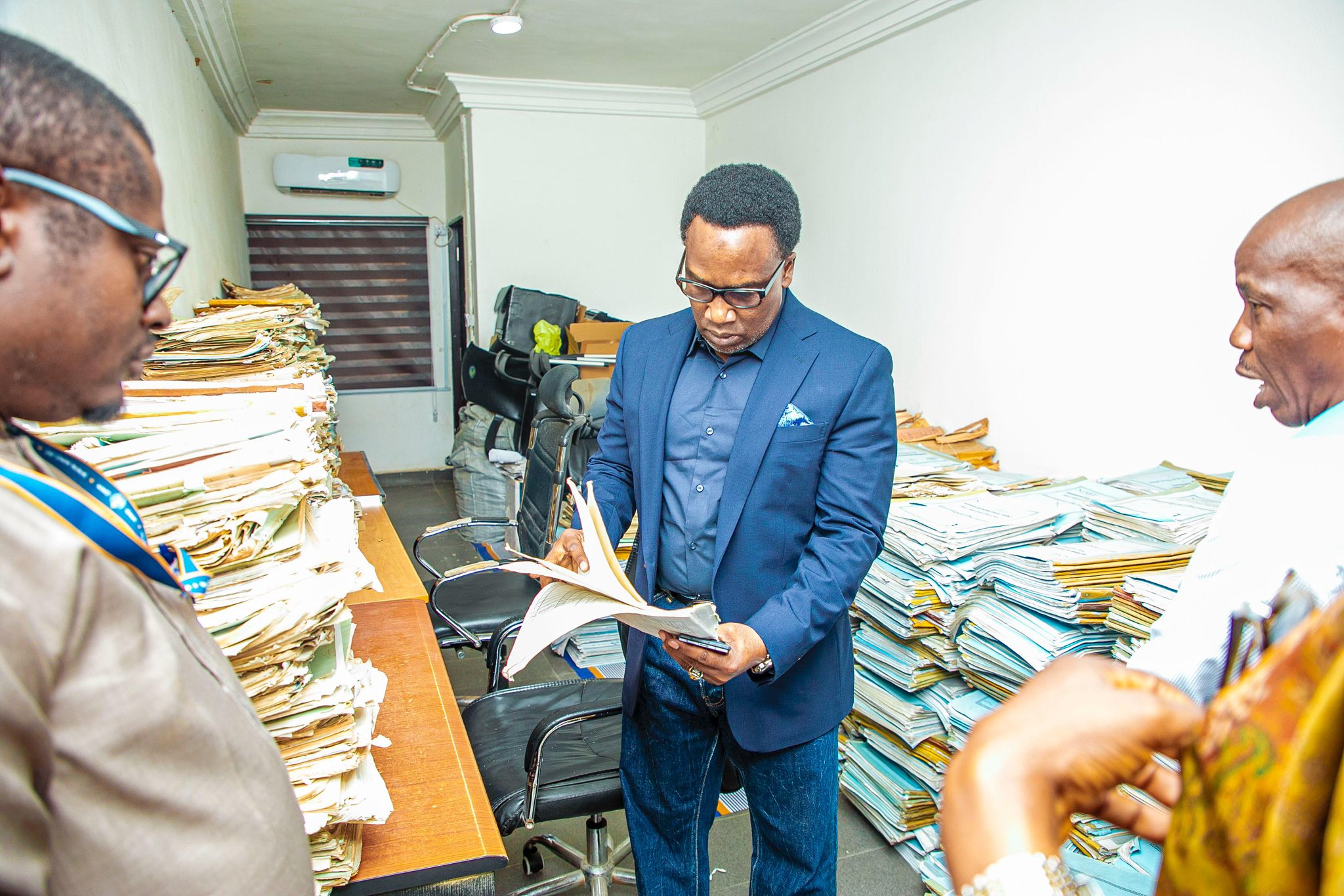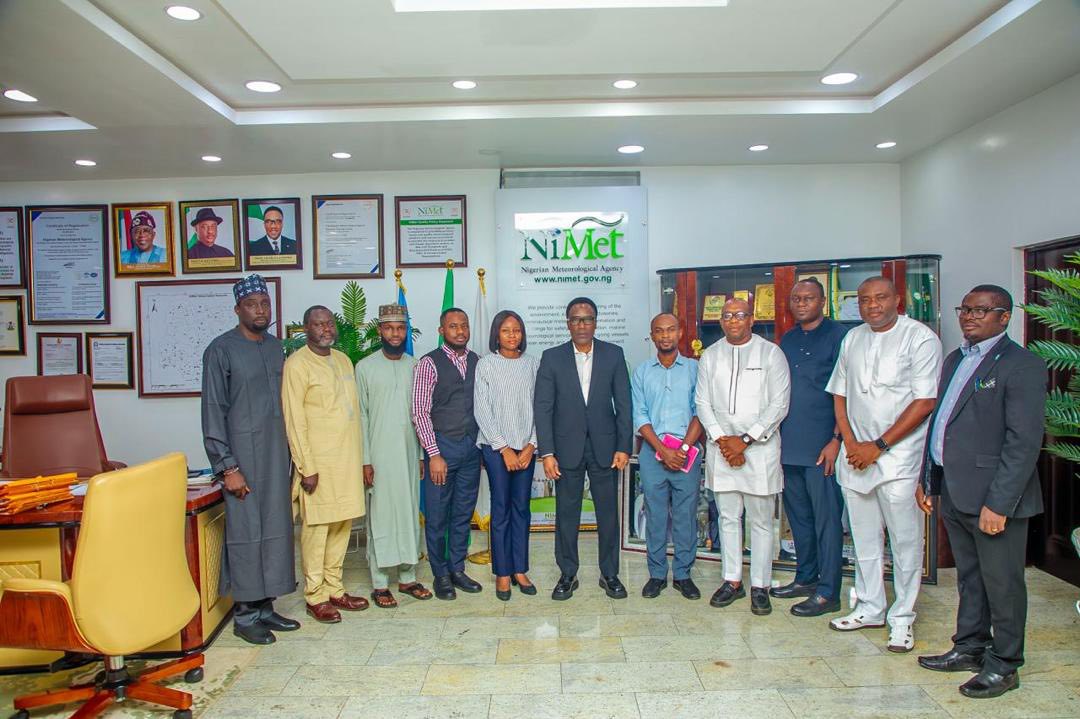The Freedom of Information Act (FOIA) 2011
Date Passed
24th May 2011 by National Assembly
Date Assented
28th May 2011 by President Goodluck Jonathan
The Freedom of Information Act (FOIA) 2011 was passed by the National Assembly on the 24th of May 2011 and assented to by President Goodluck Jonathan on the 28th of May 2011.
About the Act
The FOIA supersedes the Official Secrets Act (OSA) originally enacted in 1911, which forbade the unauthorised transmission, obtaining, reproduction, or retention of any classified matter. The Act applies not only to public institutions but also to private organisations providing public services, performing public functions or utilizing public funds.
Underlying Philosophy
The underlying philosophy of FOIA is that public servants are custodians of public trust on behalf of a population who have a right to know what they do.
It promises to remove the aura of mystery and exclusion with which public servants cloak the ordinary operations of government and public institutions.
It seeks to change the manner in which public records and information are managed.
The Act builds on the assumption of openness, by placing on those who wish to keep public information away from the people, the onus of justifying why they have to do so.
How to Submit a FOIA Request
Electronic Submission
To get information under the FOIA, a request must be made electronically (e.g. email), describing the information sought and the preferred format of the response, in as many details as possible.
Contact Information:
Email: foiadesk@nimet.gov.ng
Contact Point: Director, Legal Services
Written Submission
Submit your request via formal letter with complete details of information required and preferred response format.
Mailing Address:
Director General/CEO
Nigerian Meteorological Agency
Bill Clinton Drive
Nnamdi Azikiwe International Airport, Abuja FCT
Attention: Director, Legal Services
Response Time
Who is responsible for responding to FOIA request?
The Legal Department of the Agency is responsible for responding to a FOIA request. Please note unless an exemption applies, the requested information if held by the Agency is typically provided to the requester within 7 days.
Frequently Asked Questions
Any person, group or organisation can request under the FOIA. The request must be in writing with a clear description of the information sought, and in compliance with specific institutional requirement.
Yes, serious penalties apply:
- Fine: N500,000 (Five Hundred Thousand Naira) - Section 7(5)
- Imprisonment: Minimum 1 year term - Section 10
Yes, if a staff of the Agency conceals, alters or deliberately destroys information, the staff will be liable to prosecution with the penalty of a fine of N500, 000(Five Hundred Thousand Naira only) Section 7(5), or imprisonment for a minimum term of one (1) year (Section 10).
Yes, a fee is payable to recover the cost of document searches, duplication and commercial cases review.
While the FOIA gives a person, group, association or organisation the right to request access to Federal records, some records are exempt from release. These documents include but are not limited to:
- Records which will constitute an unwarranted invasion of an individual's privacy
- Records protected from release by statutes other than FOIA
- Headquarters: Monday to Friday, 8am to 5pm
- State/Zonal Offices: 24/7, 365 days
The Agency currently has nine (9):
- Office of DG/CEO
- Finance and Accounts
- Weather Forecasting Services
- Applied Meteorological Services
- Engineering and Technical Services
- Human Resources and Administration
- Research and Training
- Corporate Services
- Public Affairs and Consumer Protection
- Advise the Government on all aspect of Meteorology in Nigeria
- Sole Authority to grant approvals and licenses for the establishment of Meteorological Stations and Related Matters
- Issue forecasts for the safe operations of aircrafts, ocean going vessels and oil rigs
- Promote the service of meteorology in agricultural, drought and desertification activities.
- Provide meteorological services in operational hydrology and water resources activities
- Collect, process and disseminate all meteorological data and information within and outside Nigeria.
- Ensure uniform standard of observation of all meteorological phenomena in Nigeria
- Keep in safe custody all meteorological records in Nigeria in the National Meteorological Archive.
- Provide consultancy services to the public on meteorology
- Train, conduct and undertake research particularly in the field of tropical, agricultural, hydro and marine meteorology and other related areas of meteorology.



